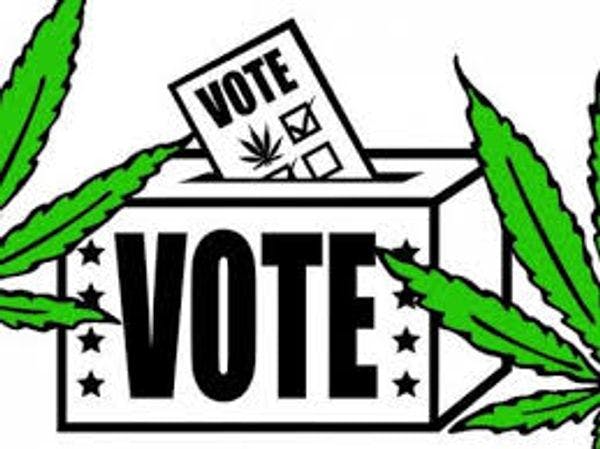Oui aux mesures sur la marijuana: l’Alaska, l’Oregon et le District de Columbia devraient légaliser le cannabis
En novembre 2014, l’Alaska, l’Oregon et le District de Columbia décideront s’ils doivent suivre les politiques en matière de drogues des états de Washington et du Colorado en légalisant l’usage récréatif de la marijuana. Pour en savoir plus, en anglais, veuillez lire les informations ci-dessous.
Abonnez-vous à l'Alerte mensuelle de l'IDPC pour recevoir des informations relatives à la politique des drogues.
The decision by California voters in 1996 to legalize medical marijuana produced a wave of similar initiatives around the country. Less than two decades later, over half the states allow at least limited medical use. Now it looks as though recreational use of the drug may follow the same path.
In 2012, Washington State and Colorado legalized recreational marijuana. This November, voters in Alaska, Oregon and the District of Columbia will decide whether to do the same — effectively disregarding the misguided federal ban on a drug that is far less dangerous than alcohol. Decades of arresting people for buying, selling and using marijuana have hurt more than helped society, and minority communities have been disproportionately affected by the harsh criminal penalties of prohibition.
Since Alaska, Oregon and the District of Columbia already allow medical marijuana, taking the next step makes good sense. There are some differences in their proposed initiatives, but they are all worthy of passage.
ALASKA Ballot Measure 2 would make the use and purchase of marijuana legal for those 21 and older, create a marijuana control board and tax the drug at $50 per ounce wholesale. It is already legal for Alaskans to possess small amounts of marijuana in their homes, and surveys indicate that 18 percent of Alaskans smoke marijuana. Ballot Measure 2 would mean that Alaskans could buy it from a store instead of resorting to the black market.
Click here to read the full article.
Keep up-to-date with drug policy developments by subscribing to the IDPC Monthly Alert.
